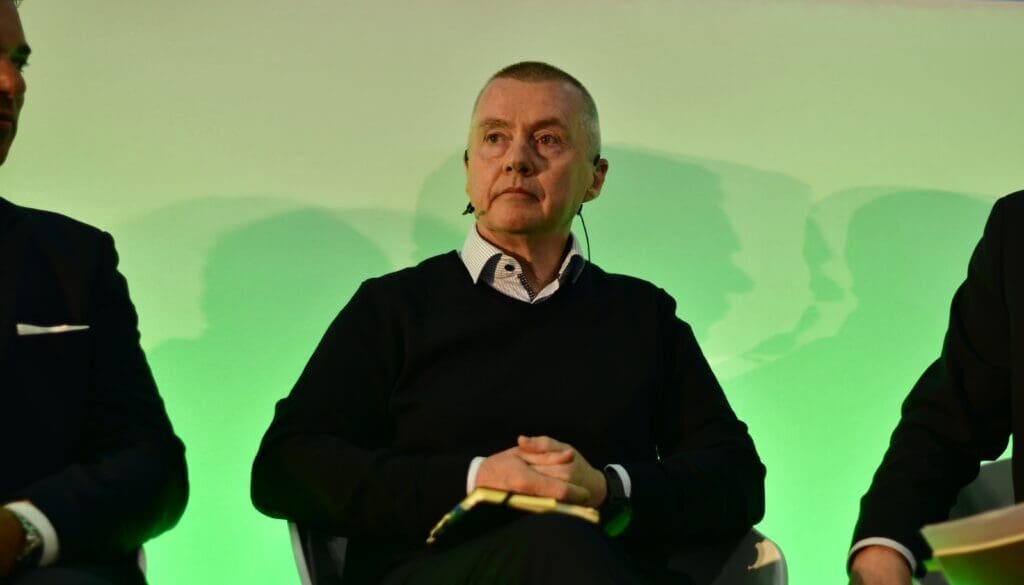Airline industry leaders have lambasted European efforts to limit air travel in the name of the green agenda, calling such measures “arrogant” and warning they could alienate the rest of the world.
Willie Walsh, head of the International Air Transport Association (Iata) and former chief executive of British Airways, accused Western countries of attempting to deny other nations benefits they have enjoyed for decades.
Countries such as Ireland, Belgium, and the Netherlands are seeking to curb air travel due to pressure from the flight shaming movement. Walsh argued that this debate on limiting travel growth is largely confined to Europe and that other parts of the world recognise the economic benefits of new connectivity.
“This debate around whether growth in travel should be suppressed is a European debate. It’s solely a European debate and solely in certain parts of Europe. You don’t have that discussion in other parts of the world,” said Walsh. He added that outside Europe, airline CEOs and politicians appreciate the economic value that increased connectivity can bring to their economies.
Walsh highlighted the need for governments to boost the production of low-emission sustainable aviation fuel (SAF) rather than restricting air travel. Speaking at Iata’s annual meeting in Dubai, he pointed out that expanding flights could unlock significant economic value, particularly in regions like India. He noted that airports like Amsterdam Schiphol and Brussels are already feeling the impact of government efforts to reduce flight slots, and Dublin faces a passenger cap.
“The Irish economy will suffer as a result. The growth will just go somewhere else. Ryanair will move aircraft and Aer Lingus will not expand their transatlantic operations. People will still be flying; they’ll just be bypassing Dublin,” Walsh stated.
Sir Tim Clark, president of Emirates, emphasised the importance of global connectivity for developing regions, arguing that it would be wrong to deny them the same connectivity that developed countries have enjoyed for so long. He stressed that the aviation industry is committed to decarbonisation but needs support to achieve net zero emissions by 2050.
Yvonne Manzi Makolo, CEO of African carrier RwandAir, underscored the necessity of air connectivity for the continent, given its poor road infrastructure and lack of railways. “Saying we should slow down growth really doesn’t make sense,” she said.
Iata has revised its forecast for SAF production to 51 million tons by 2030, down from a previous estimate of 69 million by 2028. Airlines are relying on SAF to deliver 65% of their CO2 reductions. Despite the industry’s projected profit of $30.5bn (£24bn) this year, which is an improvement over 2023, margins remain thin. Walsh pointed out that the industry’s profit margin is just 3.1%, compared to 11.5% at Starbucks, indicating the need for government assistance in the transition to net zero.
“We’re just asking them to do what they did for wind and solar power. I’m sorry to say but the transition to net zero will require customers to pay. The costs can’t be borne by the industry given the wafer-thin margins we have,” Walsh concluded.


